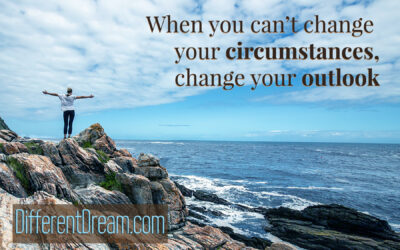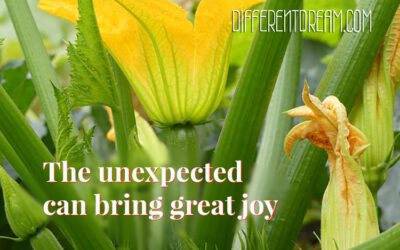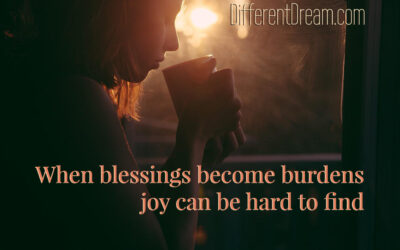Hello! Means the World to Those with Disabilities and Special Needs

Hello means the world to those with disabilities and special needs. In this post, guest blogger Mark Arnold describes what a greeting reveals about the person who’s saying hello.
You can tell a lot about a place and its people from the way they greet a child or young person with a disability or special needs. I’ve visited lots of children’s and youth groups over the years, and one thing I’ve always looked for is the response of the leaders when a child or young person with additional needs arrives. Their reactions typically fall into one of two categories:

1. Something between dejection and horror: Leaders see the person arrive and look at each other, their expressions communicating disappointment. They tend not to approach or welcome the child, ignoring them instead. There may be audible comments that reinforce their sense of regret.

2. Something between encouragement and delight: Leaders see the person arrive, smile and head towards them to greet them They refer to them by name, ask how they are, and say they’re pleased to see them. They guide the child to join in an activity, or to a designated leader who can support them.
The child usually understands which response they receive, and that determines how they will respond to the leaders for the rest of the session.
There are many reasons why leaders fall into one of the two categories. Let’s look at some of them.
Negative responses often come from a lack of understanding, little or no training, a lack of volunteers, and inflexibility to change. Changing these responses is the responsibility of church leaders and the church community as a whole. If the most vulnerable and marginalized in our society are unwelcome, then the church has deeper issues to grapple with. Frazzled children’s or youth workers might be the ones who look bad, but behind them are church leaders who won’t adequately invest in children’s and youth ministries.
Positive response often comes from well supported and equipped team members who have been trained and have enough staff and volunteers to provide the level of support needed by a child with additional needs. Behind these teams there is usually a supportive church leader or leadership team that value children and youth ministry. They invest in finances, people, and prayer. They broadcast the message that everyone belongs there, which the gospels show is what Jesus had in mind.
In this short video clip, Philippa, who was born blind, shares some of her experiences in church and the power of saying hello. https://www.youtube.com/watch?v=gJcUpczxCp0
Which of the two responses resonates most closely with the reality of your church? If it is the negative one, work to bring about positive change so that every child and young person is welcomed and fully included. If it is the positive one, think about how you can reach out to struggling churches to help them.

As Will Rogers once said, “You never get a second chance to make a first impression.”
Churches only get one shot, one opportunity to show those with disabilities and special needs how valued and loved they are. Let’s not blow our chance. Instead let’s do all we can to be the difference for children and young adults who journey with us.
A friendly hello means the world to those with disabilities and special needs, so let’s start there.
Do you like what you see at DifferentDream.com? You can receive more great content by subscribing to the monthly Different Dream newsletter and signing up for the daily RSS feed delivered to your email.
Header image © Photo by Vladislav Klapin on Unsplash; Yellow smiley faces © Photo by Tim Mossholder on Unsplash
Angry face © Photo by Andre Hunter on Unsplash; Red heart © Photo by Nick Fewings on Unsplash
By Mark Arnold
Mark Arnold is the Additional Needs Ministry Director at Urban Saints, a leading national Christian children’s and youth organization. He is co-founder of the Additional Needs Alliance, a national and international advocate for children and young people with additional needs or disabilities. Mark is a Churches for All and Living Fully Network partner, a member of the Council for Disabled Children and the European Disability Network. He writes an additional needs column for Premier Youth and Children’s Work (YCW) magazine and blogs at The Additional Needs Blogfather. He is father to James, who has autism spectrum condition, associated learning disability, and epilepsy. To find out more about how Mark’s work can help you, contact him at: marnold@urbansaints.org or @Mark_J_Arnold
Subscribe for Updates from Jolene
Related Posts
Mindset Does Matter on This Special Needs Journey
Guest blogger Sandy Ramsey-Trayvick explains that mindset does matter in living a life of joy as a special needs parent.
Finding Joy in the Garden of Disability and Special Needs
Guest blogger Heather Johnson explains how she is always finding joy in the garden of disability and special needs.
When Caregiving Sparks Stress Instead of Joy, What Can You Do?
When caregiving sparks stress instead of joy, what can you do? Jolene explains practical ways to find the blessings in hard situations.






0 Comments